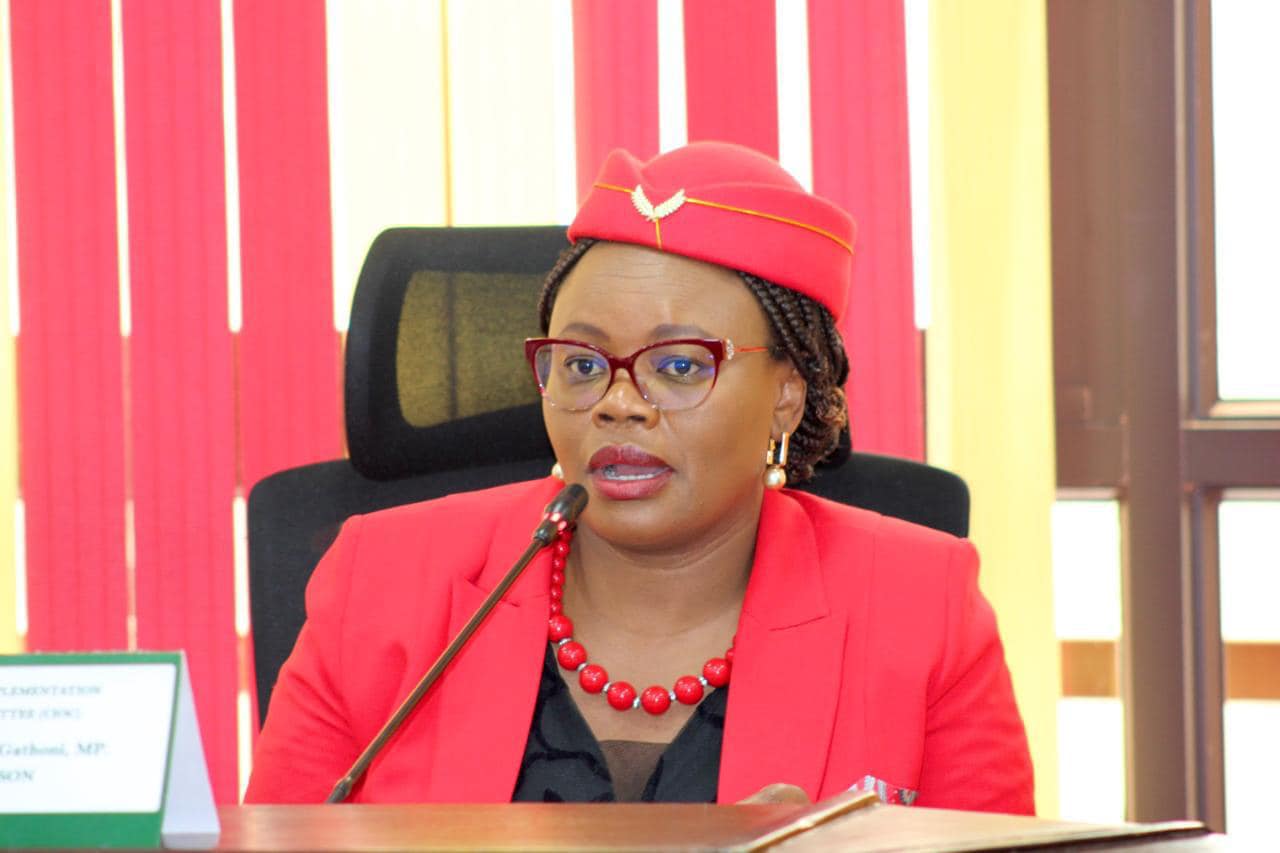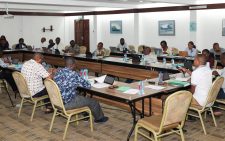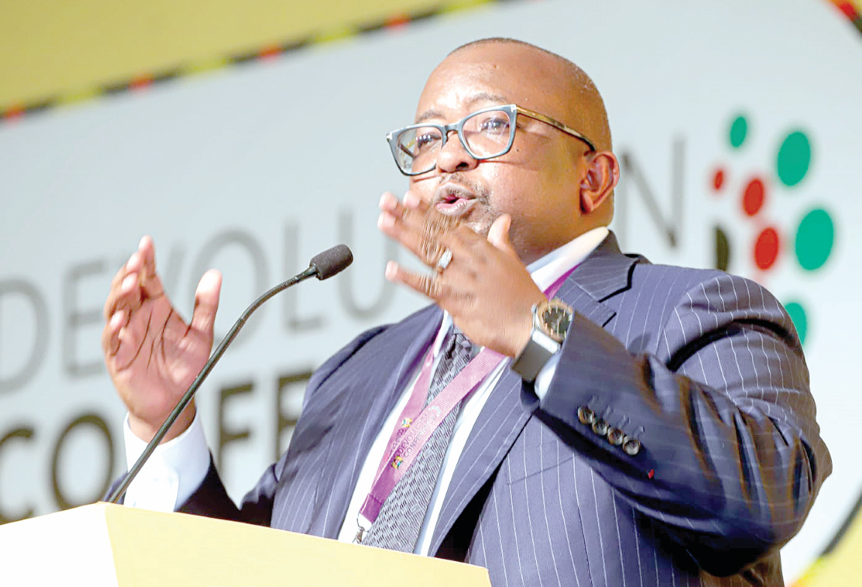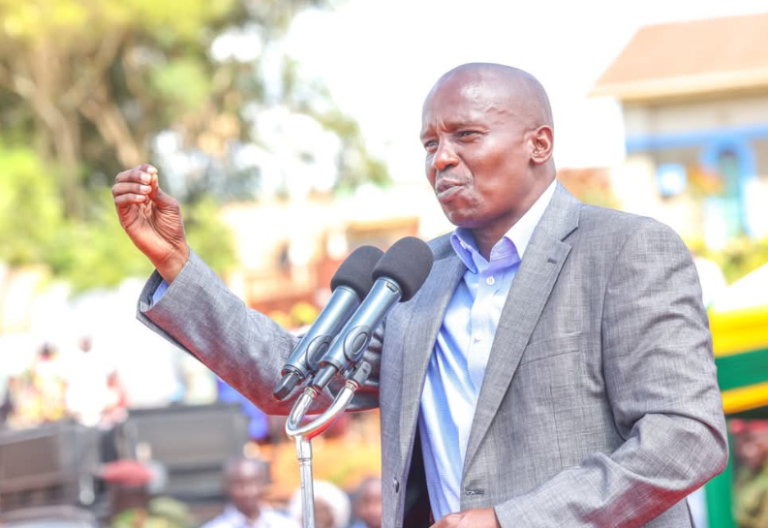Committee wants Parliament compelled to debate TJRC report
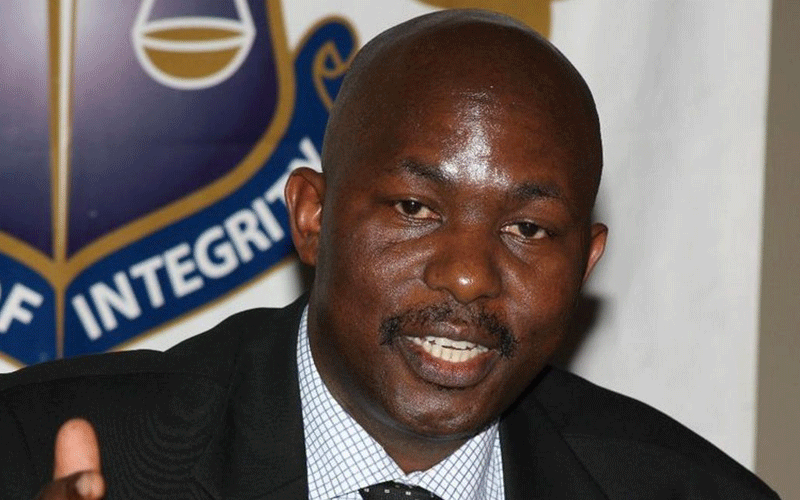
Hillary Mageka @hillarymageka
A Senate committee has recommended the passage of a substantive motion to compel the National Assembly to deliberate on the Truth, Justice and Reconciliation Commission (TJRC) report.
Report was submitted to President Uhuru Kenyatta in 2013 to pave for its full implementation.
In a report tabled in the Senate on Tuesday, the Justice, Legal Affairs and Human Rights Committee wants the same motion to also compel Treasury Cabinet Secretary Ukur Yatani to submit to Parliament, regulations to anchor the Restorative Justice Fund into a legal framework.
Committee chaired by Nyamira Senator Okong’o Omogeni argues that three years after the President ordered establishment of Sh10 billion a restorative justice fund, it is yet to materialise to pave way for compensation of victims of past injustices.
In addition, the Fund, would have been in the years 2016, 2017 and 2018, would have been utilised for restorative justice by promoting justice and reconciliation through rehabilitation, compensation, restitution and/or collective reparations, in a degree that is proportionate to the gravity of the violations and the harm suffered.
“I have instructed the Treasury to establish a fund of Sh10 billion over the next three years to be used for restorative justice,” President announced during the address.
The move comes after the TJRC commission, in May 2013, issued its four volume, 2,210 pages report. It recommended an implementation committee to be set up by Parliament.
Own way
To date nothing has being done, instead, political leaders, both in government and Opposition, have found it politically inconvenient to act on the report.
In March 2015, President Uhuru, while making a State of the Nation address before Parliament, apologised on behalf of the government for the violations Kenyans have suffered for decades.
He did not acknowledge that such an apology was recommended, two years earlier, by TJRC in its final report.
The Head of State who issued an apology for historical injustices including the Wagalla massacre noted the importance of the reparation fund in helping the nation heal from misdeeds of past regimes.
“This will provide a measure of relief and will underscore my government’s goodwill,” he said while urging lawmakers to expedite processing of TJRC report, seen as critical in the formulation of a reparation framework.
But now, the Omogeni-led committee wants counties also compelled find a way of supporting reparations in their own way.
This, according to the report, includes budgetary allocations for memorials in counties where massacres took place, to remember and honour victims and survivors.




